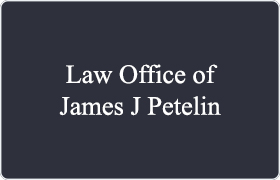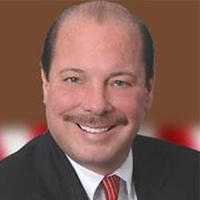Emigrant Gap Felony Lawyer, California
Sponsored Law Firm
-
 x
x

Click For More Info:
-
Law Office of James J Petelin
1550 Humboldt Road, Suite 4 Chico, CA 95928» view mapDivorce & Family Law Effective, Client-Focused Representation
James Petelin is a practicing attorney in the state of California who focuses on Family Law.
800-943-9701
Not enough matches for Emigrant Gap Felony lawyer.
Below are all Emigrant Gap Criminal lawyers.
Allan Robert Frumkin
✓ VERIFIEDDivorce & Family Law, Criminal, Bankruptcy & Debt, Accident & Injury, Employment
Lawyer.com Member Questionnaire Please describe a case(s) in the last year or two where you made a big difference. 1. Last Friday---family law ... (more)
Douglas Randall Ensminger
✓ VERIFIEDBankruptcy & Debt, Accident & Injury, Criminal, Real Estate, Wills & Probate
D. Randall Ensminger been practicing civil and criminal law for over 35 years and found that our clients truly appreciate the time and effort we put i... (more)
Stephen Alan Munkelt
Landlord-Tenant, Criminal, Civil & Human Rights, Contract
Status: In Good Standing Licensed: 46 Years
David Alkire
Litigation, Lawsuit & Dispute, White Collar Crime, Criminal
Status: In Good Standing Licensed: 52 Years
Stephen Michael Greenberg
Federal Appellate Practice, Criminal
Status: In Good Standing Licensed: 45 Years
James Graham Noyes
Energy, Natural Resources, White Collar Crime, Administrative Law
Status: In Good Standing Licensed: 33 Years
Jennifer Roberta Walters
Wrongful Termination, Criminal, Civil & Human Rights, Personal Injury
Status: In Good Standing Licensed: 27 Years
 James Petelin Chico, CA
James Petelin Chico, CA AboutLaw Office of James J Petelin
AboutLaw Office of James J Petelin Practice AreasExpertise
Practice AreasExpertise


